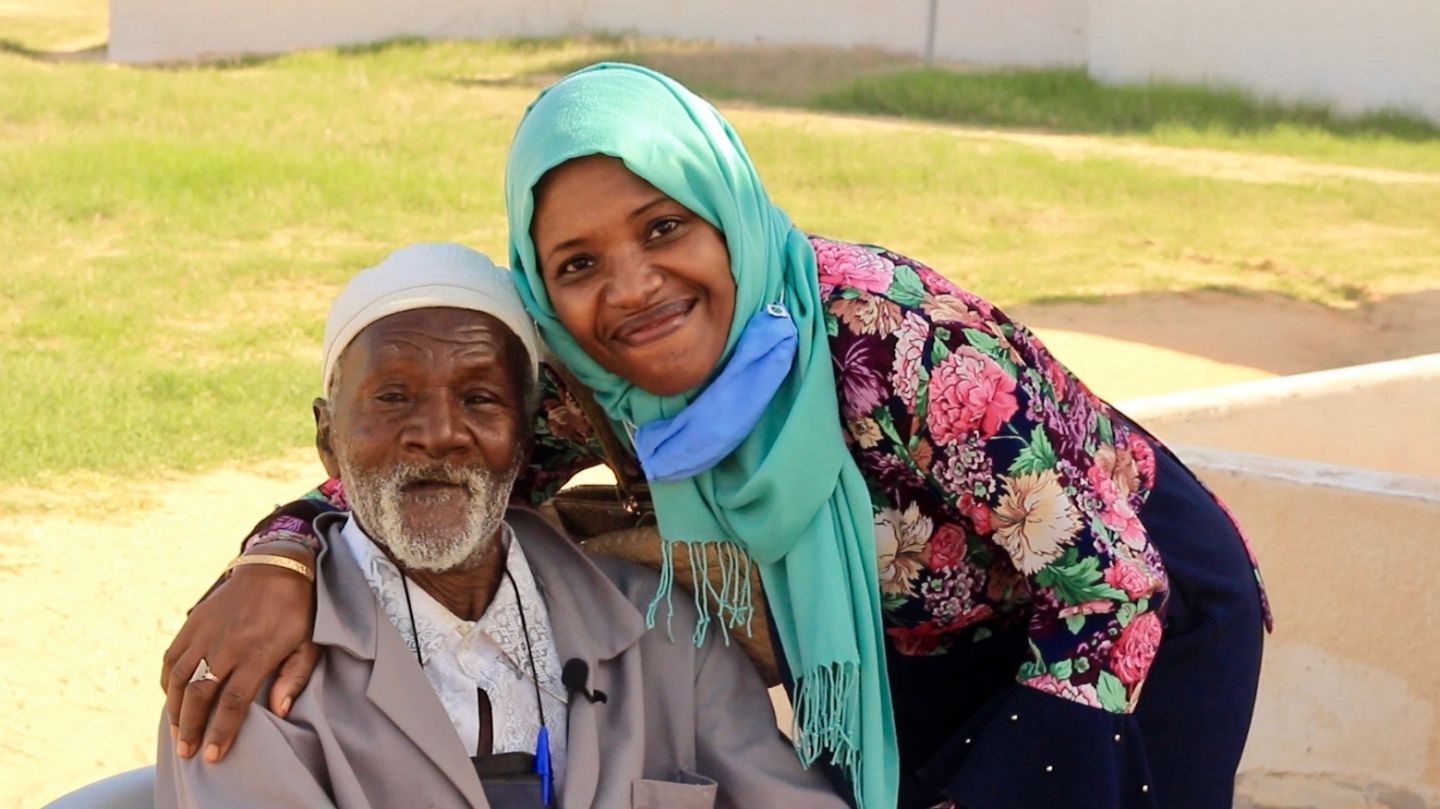
The situation of minorities and other ‘minoritized’ groups in Tunisia: between discrimination and recognition
Ten years after the uprising of 2011, Tunisia still faces several challenges in terms of non-discrimination and respect for the rights of minorities and discriminated groups. Although changes in the political regime and the democratic transition have ensured more visibility to several groups and allowed them to demand change, others continue today to face discrimination in law and in practice. In addition to legal indicators, such as, on the one hand, the enactment of a law against racial discrimination in 2018 and, on the other, the maintenance of an article of the penal code criminalizing homosexuality, there are several sociological factors that make discrimination against several groups a phenomenon persisting. The outbreak of the Covid-19 pandemic has only accentuated these already existing inequalities and discrimination against minority groups.
This webinar aims to present the current situation of minorities and other groups in situation of vulnerability in Tunisia, such as black Tunisian citizens, sub-Saharan migrants, Amazigh, the LGBTQI+ community, people living with HIV, religious minorities and people with disabilities. We will approach the subject from several points of view: sociological, legal, and that of the impact of Covid-19. We will cover a variety of topics, from access to healthcare to access to justice, education, and information.
This event coincides with the launch of two new studies carried out by Minority Rights Group:
- A baseline study on the situation of minorities and discriminated groups in Tunisia
- The impact of Covid-19 on the rights of minorities and ‘minoritized’ populations: consultation with civil society
The panel will be moderated by Silvia Quattrini, North Africa Manager at Minority Rights Group with the following panellists:
- Omar Fassatoui, Human Rights Officer, United Nations High Commissioner for Human Rights, Tunisian office
- Marta Luceño Moreno, editor of the report on the impact of Covid-19, researcher in gender studies and project manager at Beity
- Saadia Mosbah, President and founder of Mnemty organisation
- Souhaila Ben Said, President of Association Tunisienne de Prévention Positive (ATP+)
The webinar will take place in French, with interpretation available through Zoom in Arabic and English.
—
Photo: Hamdane Dali and his daughter Hedia in Djerba, October 2021. The Dali family were the first to be able to remove the name ‘Atig’ (‘freed by’, referring to the slavery heritage) from their family name. Credit: Slim Kacem, Roots.